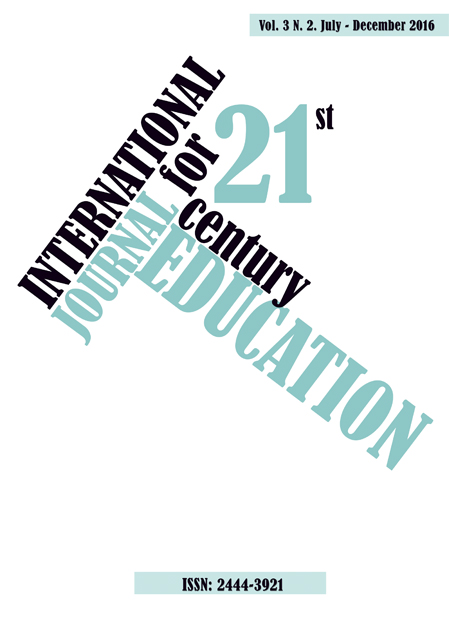A TEACHER’S DECISION-MAKING PROCESS IN AN ELEMENTARY SCHOOL EFL EDUCATION
Main Article Content
Abstract
This is a case study that investigated a teacher’s decision-making process regarding EFL education in a Japanese elementary school. The participant was a male homeroom teacher in his forties. Although he was experienced as a homeroom teacher (and he used to work overseas, so he had international experience), he was rather inexperienced in teaching English. In 2011, he had a chance to study at a university for a year, and also conducted experimental English lessons in an elementary school. The researcher observed the four lessons he conducted with a native speaker of English, took field notes, and had pre-class and post-class discussions with him. The lessons as well as the discussions were digitally recorded. The observation data were later transcribed and analyzed with reference to the original lesson plans, discussion data, and field notes. The results showed that several factors, such as his inadequate English proficiency, his classroom practice experience as a homeroom teacher, and the students’ postclass reflections, had an impact on his decisions when planning the next lessons, and that his decision about the desired amount of target language use was influenced by his beliefs about the Japanese language education, which is his specialty.
Downloads
Download data is not yet available.
Article Details
How to Cite
OSADA, E. (2016). A TEACHER’S DECISION-MAKING PROCESS IN AN ELEMENTARY SCHOOL EFL EDUCATION. International Journal for 21st Century Education, 3(2), 15–24. https://doi.org/10.21071/ij21ce.v3i2.5851
Issue
Section
Articles

